Water Softener Installation & Repair in Salt Lake, Utah
Professional Water Softener System Installation & Repair Services
When it comes to water softening, water purification, and water conditioning for a residential or commercial establishment in Salt Lake City, look no further than Beehive Plumbing.
We offer a wide range of services, from water softener installation to water softener repair. We are a friendly, locally-owned and operated Salt Lake City plumbing company dedicated to making life better for customers through our soft water solutions.
What is Water Hardness?
Most of us have heard the terms “hard water” and “soft water” before, but we may not have a clear idea of what they mean.
What makes water hard or soft? How hard should water be? Which is the healthiest and safest to consume? These are all questions you might have!
Water might look crystal clear, but it always contains minerals and chemicals. When certain minerals are present in water in a higher concentration than usual, then this water is considered to be hard.
Soft water has a higher concentration of sodium, whereas hard water has a higher concentration of calcium and magnesium. This is the difference between the two.
Water is given a hardness rating that is dependent on the mineral content contained within the water. If you have hard water, you can use water softening systems to reduce the concentration of calcium and magnesium.
Water Hardness in Salt Lake Valley
As a local plumbing service, we make it our business to
stay informed about the quality of water in the local area.
In Salt Lake Valley, the water rating is around 13 grains of
hardness per gallon of water. This hardness rating varies
by exact location, but all water in the Salt Lake Valley has
a rating of 10 grains per gallon or more, and that is
considered very hard. The hardness in our local water
supply is mostly composed of calcium carbonate.
Signs of Hard Water
If you’ve noticed any of the following, it makes sense to get your water levels checked:
- White, chalky buildup or spots on dishes and in your dishwasher
- Scale residue on faucets and stains on white porcelain
- Dryness of the skin and unusually flat hair
- Low water pressure from showers and faucets
- Clothes and linens that feel rough and look lackluster
These are all indicators of hard water, and they could mean that your home is being negatively affected by the presence of water hardness.
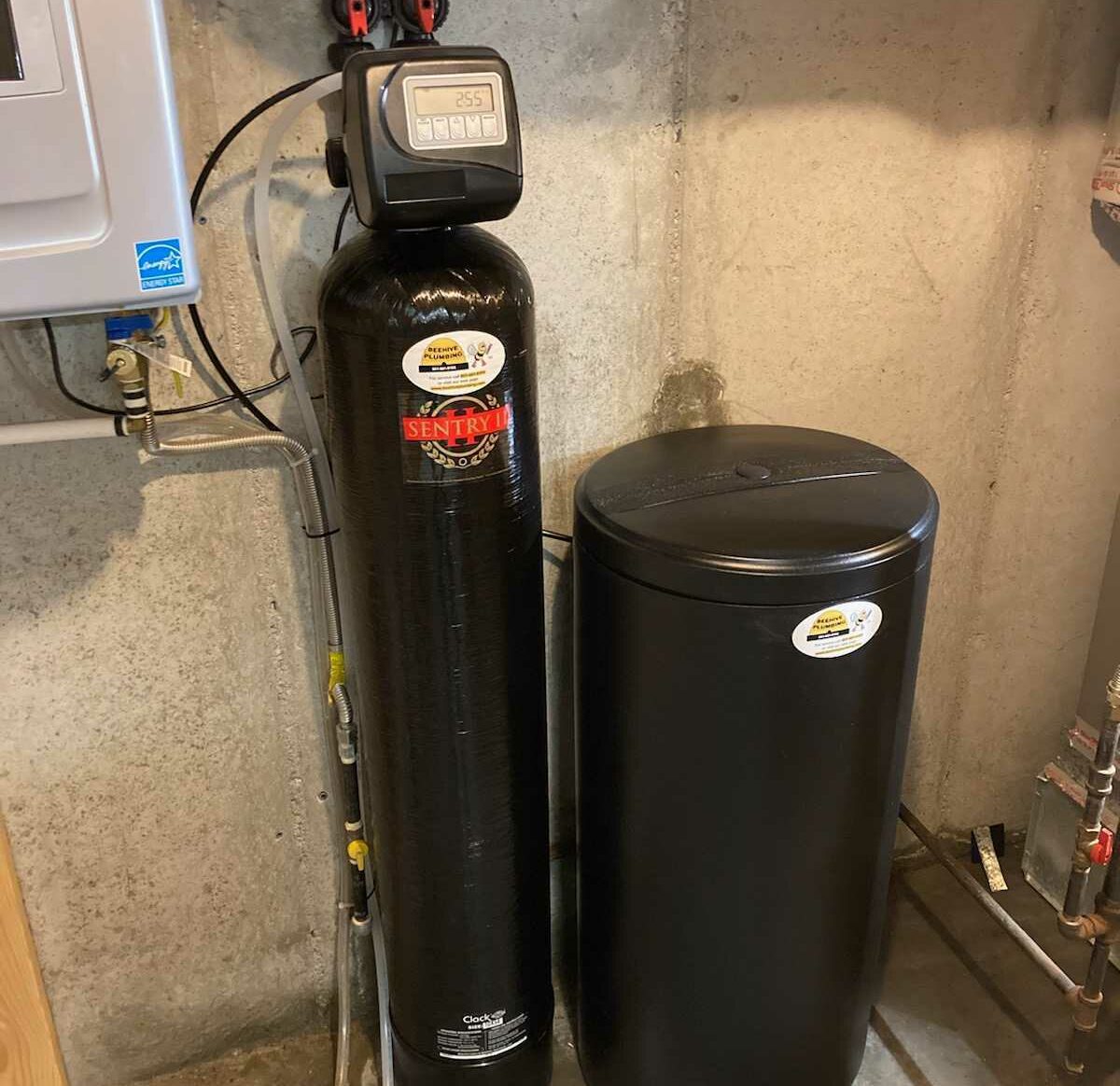
What is a Water Softener System?
You may have heard home water softeners referred to as ion exchange units. They are designed to take calcium, magnesium, and other harmful minerals from drinking water.
The way this appliance works is that resin beads contained in the softener trap calcium and magnesium, exchanging them for sodium or potassium. When the resin beads are full, a solution is used to remove the minerals from the beads.
The solution that passes through these beads is drained away as waste, leaving water softened.
The Impact of Hard Water
Hard water is a concern for a few reasons. It can have negative effects on your plumbing fixtures as well as your skin and hair. These are the most commonly known issues that arise as a result of hard water, but there are others!
All of these issues are why most people look for a water softening solution when they realize that they have hard water in their homes.
The Impact of Hard Water
Hard water in the home can clog up your pipes, causing appliances to run with reduced efficiency. Unfortunately, this means you’ll receive higher energy bills!
You may also end up paying out to replace appliances. Clogs lead to leaks, and these limit the lifespan of your appliances. It’s estimated that appliances might last only 50% as long if hard water is running through them.
We all work hard to keep our home looking great. Hard water doesn’t help at all. It causes stains and can leave a thick scale. If you’re constantly scrubbing your glass shower because it looks dirty, this might be a sign of hard water in the house.
Although a soft water system costs money, you might find that it saves you both money and time in the long run.
Health Concerns
You might consider hard water an inconvenience, but it can also pose a health hazard!
If you’re regularly exposed to a high density of minerals in your water, then the calcium and magnesium content could have an impact on your internal organs.
It is believed that hard water increases the risk of cardiovascular disease. International studies also suggest that hard water can cause high blood pressure.
Some kinds of cancer like gastric, colon, esophageal, and ovarian cancer have been connected to hard water, as have neural diseases and diabetes.
Skin Problems
If you have sensitive skin, hard water poses an additional threat. Eczema has been connected to the presence of minerals in water.
If you’re washing with hard water, you might first notice dry or bumpy patches of skin. This is the result of irritation from skin and hair products that can’t be dissolved in hard water.
When you use a water softener that reduces the presence of minerals, then shampoos and soaps will be able to dissolve again so they can be thoroughly rinsed from the skin.
The Benefits of Soft Water Systems
When people decide to go with a water softener installation, there are numerous benefits that are immediately apparent.
Soft water improves the quality of drinking water for people and pets along with providing health benefits for the skin and hair while showering.
Reduced minerals in water protects appliances including plumbing, refrigerators, and dishwashers. This includes tank-style water heaters and those without tanks.
Soft water flows better through the pipes, causing less corrosion. This leads to financial savings due to decreased need for repairs and replacement.
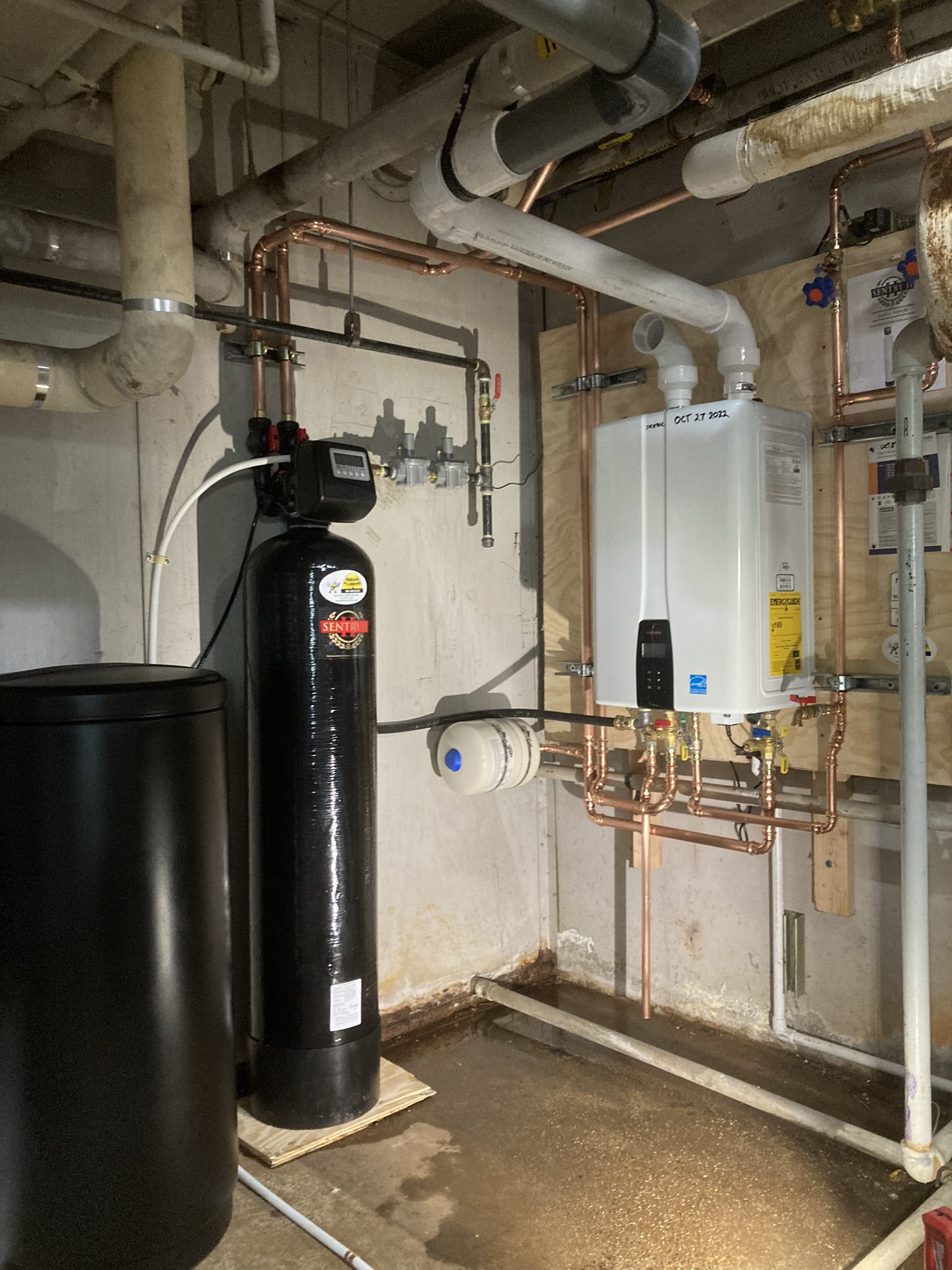
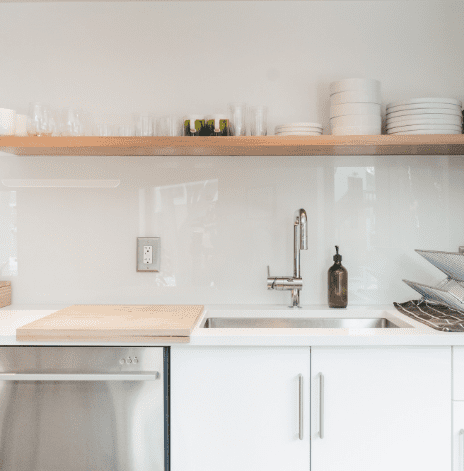
When to Replace a Water Softener
Your water softener has a very important job. It does more for you and your home than you might realize on a day to day basis! Sadly, it won’t last forever. Just like other appliances, a water softener has a limited lifespan.
When components break or electrical problems occur, you should call out a professional to inspect your system. They’ll be able to advise whether your water softener can be repaired or not. It may be time to replace your system.
If your water softener is very well maintained, it can last a long time. Usually, water softeners have a lifespan of between 10-15 years. How long ago was your water softener installed? Even if it appears to be working, there may be more efficient models available on the market today.
The condition of your water softener will be affected by how frequently it’s used, which depends on how hard your home’s water is. A water softener that is dealing with very hard water may need to be replaced sooner than expected.
Benefits of Soft Water
Money Saving
Soft water can save you money as it prevents the gradual damage that hard water causes to your pipes and appliances. Unlike soft water, hard water results in a scale buildup that can clog pipes and destroy plumbing parts.
Calling out for constant dishwasher and clothes washer repairs costs money, but you can avoid all that when you soften your water. Your appliances will be able to function efficiently without the scale buildup caused by hard water.
If you’re paying excessive amounts on your energy bills, it might be because of the hard water in your home. Scale buildup makes it harder for water to pass through pipes, meaning that pressure has to be increased.
Because hard water makes it harder for pipes to transfer heat around a home, so you might be running your water heater higher than it usually would be. This will also result in an unnecessary increase in your energy bills.
Considering all of this, a water softener system makes great financial sense.
Beauty Benefits
Soft water also has beauty benefits, too. Hard water isn’t totally soluble with soaps, so you’ll enjoy a deeper lather when you use soft water instead.
Hard water causes low water pressure, and that’s very unhelpful when you’re rinsing off products!
Hard water can affect the oil balance in your hair and skin. It might even dull your hair color. Soft water does not. In fact, it helps to balance your hair’s pH level. This makes it a much better basis for your beauty regime.
Housekeeping
If you’ve ever tried keeping your dishes clean with hard water, you’ll know how difficult it can be. Your glass and silverware might suffer from a constant cloudy look thanks to hard water buildup.
Soft water doesn’t leave these stains, and it works better with dish soap so you can clean your dishes more thoroughly.
Soft water will save you housekeeping time as you won’t be repeatedly washing your dishes and your laundry. You won’t have the chalky scum to scrub from your showers, sinks, and fittings.
Clothes Maintenance
To keep your clothes soft and bright, use a water softener. Hard water isn’t ideal for washing clothes because it leaves a deposit and can cause the colors in your clothes to fade.
The minerals in hard water might leave stains or take the shine out of your whites, so it’s much better to use soft water on your wardrobe! You’ll find that they’re softer and that they stay in better condition for longer.
Soft water is also more effective at cleaning clothes because it dissolves detergents more easily and effectively. You’ll probably need to use much less detergent when you’re washing clothes in soft water.
Signs of Soft Water
You know that your water is soft if you enjoy the following advantages:
The expected lather when you use soap on your dishes, body, hair, and clothes.
A healthy water pressure level in your home that meets your needs.
Cleaner clothes that are free from mineral stains and don’t suffer from wear-and-tear.
One sign you might notice is that your drinking water has a very slight sodium taste. Remember, soft water has a higher sodium content unlike hard water with calcium and magnesium.
Hard Water Checklist
To decide whether you have hard water in your home or not, ask yourself the following questions:
- Even after you clean your faucets, do you notice watermarks or a cloudy appearance?
- Have you spotted chalky buildups in your home, especially in your sinks, baths, and showers?
- Is it harder to keep your dishes clean due to residue?
- Do you feel like your clothes are fading in color? Have your white clothes lost their brightness?
- Has there been a change in how your water tastes or smells?
- Do you find that your hair or skin feels itchy after a shower? Have you noticed dry or irritated areas on your skin?
- Is your water pressure lower than usual?
- Have you had to repair any appliances or plumbing fixtures recently?
Reliable and Innovative Water Filtration and Softening Systems Offered by Beehive Plumbing in Salt Lake City
At Beehive Plumbing, our professionals fully understand the importance of having soft water with regard to the health and wellbeing of your family and pets as well as the efficiency of your appliances and plumbing. That is why we offer in-home plumbing and water consultations.
Our in-home plumbing and water consultation package includes:
- Tests for hardness, chlorine, and TDS
- An assessment of water pressure levels
- General plumbing inspection
- A custom soft water bid
Once this assessment is complete, professionals from Beehive Plumbing will help you take advantage of our wide range of water softener services. It is important to understand that purchasing and installing your own water softener can lead to a system that is calibrated for the national average, which is significantly below the Salt Lake Valley region.
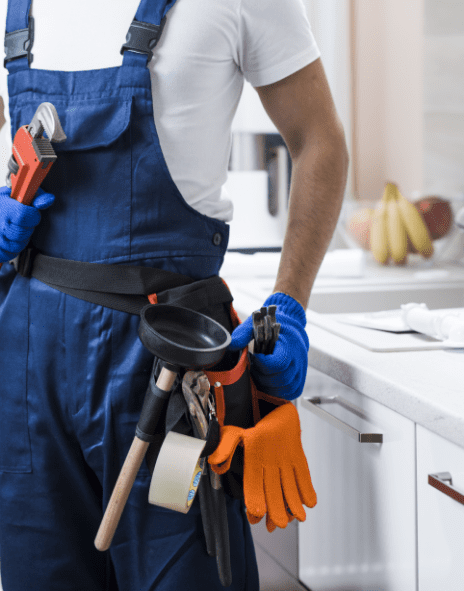
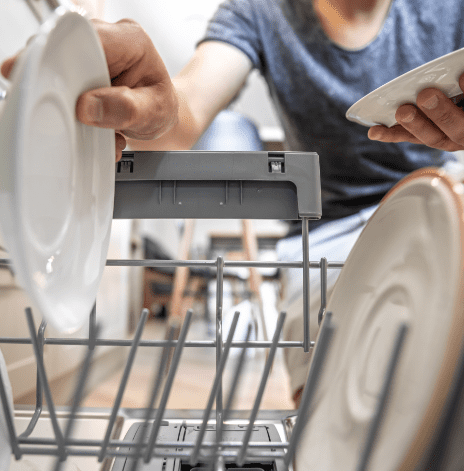
Choose Beehive Plumbing to Soften Your Water in Salt Lake City and the Surrounding Areas
When you choose Beehive Plumbing, we will calibrate the water softening system to the proper level for your specific area and needs. We are the go-to company for people in need of soft water systems in Salt Lake City.
Whether it is for your home or office, we have the right solutions to make life (and your water) softer and better. We service homes, apartments, townhomes, condos, offices, and commercial establishments.
Clients in need of soft water in Salt Lake City only need to get in touch with us and we’ll be buzzing along.